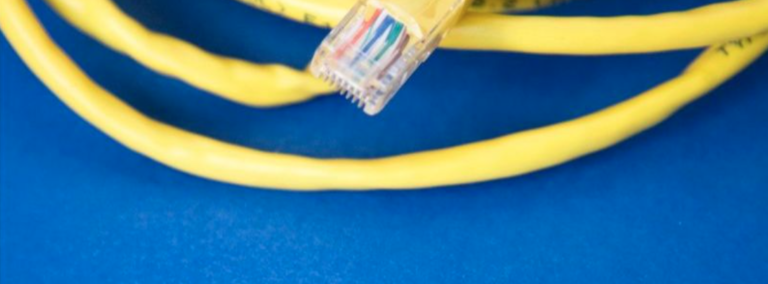
Personal Account:
Adapting to Therapy Outside the Office
Sandra Whitney-Sarles is a Peer Consultant for the COE.
“Facing each other, my therapist and I have shared 26 years of hard and intense therapy. The dynamic space between us has been powerful as it has held the emotions, the ambivalence, the associations and the solutions of our work together. My commute to the 50-minute therapy session was always spent preparing for the work while the ride home allowed me time to process what we had encountered.
Now, with this new age of tele-therapy, the weekly visits seem far less helpful; I miss my ride, our eye-contact and the closing handshake. While I appreciate having the opportunity to connect with my therapist, I find the sessions to be less in depth and not as memorable or helpful. There is more talking, less silence and far less personal involvement through the virtual format. I find the new visual environment to be distracting.

“…with this new age of tele-therapy, the weekly visits seem far less helpful…”
My time in therapy is just that, time. We discuss topics, yet do not seem to be able to delve in as deeply as was possible in the shared office space. The close of the office door protected my privacy while the rooms of my house do not seem as safe. Just saying the words and expressing the needs of therapy, I find myself wary of speaking those thoughts and feeling the emotions in my home. Home has been a place that is shared with friends and family, not a place for me to face my life’s traumas. Certainly, my goal for myself is to be real though I still feel the need to protect myself from the shame and humility I experience. The office space offered a unique opportunity for a small slice of time that drew me out of my daily life and into the process toward better health.
Sandra Whitney-Sarles, MS, CPS, COAPS
Peer Consultant, MGH COE
Program Director, South East Recovery Learning Community (SERLC)